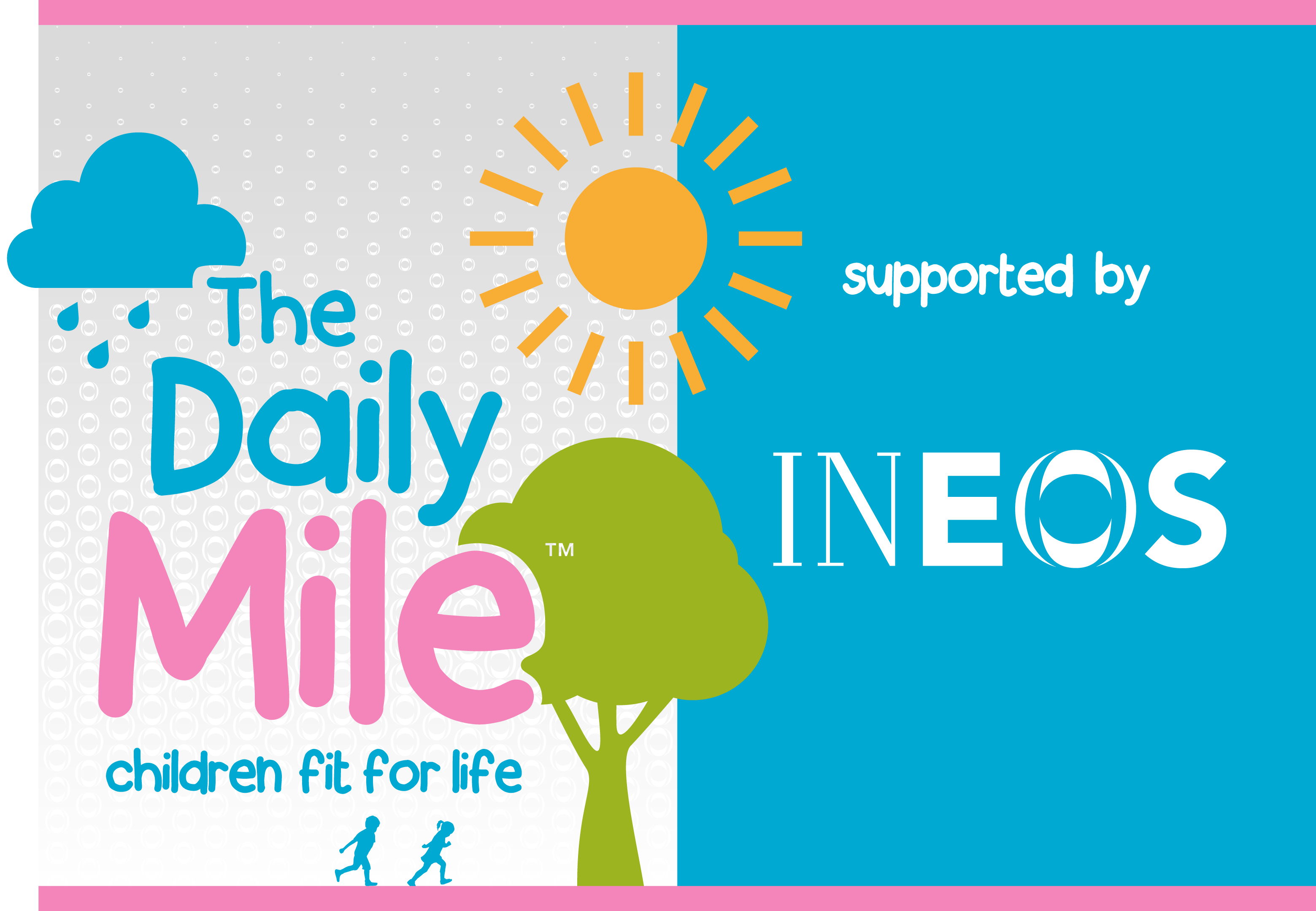Making running fun from an early age
Source: The Irish Times
Date: 29/05/2018
Those of us who run regularly know that running not only benefits our waistline but also helps to lift our mood, improve concentration and build our confidence. It’s just a pity that so many of us had to wait until adulthood or middle age to work this out. As empowering as it is to start running as an adult, it does make you realise that for years you have missed out on the best and cheapest stress-buster and mood-enhancer on the market.
I certainly wasn’t aware of the power of running when I was a teenager. In fact, running was something I actively tried to avoid. I didn’t consider myself sporty and never enjoyed running. PE was often about competition rather than participation in those days, and the focus was on the front runners rather than those struggling at the back.
I’m not the only one to pigeonhole myself into this “non-sporty” camp from childhood. I see it all the time when teaching adults in beginners’ running classes. Students often tell me that they cannot run. I spend as much time instilling belief and changing the mindset of these new runners as I do teaching them how to run comfortably. It is incredible how our perceptions of ourselves on the sporting scale can stay with us long after our PE experiences.
When kids enjoy fitness and exercise they don’t carry any of our sporting insecurities into adulthood nor set as many boundaries on their capabilities.
For both adults and children, the goal of running has broadened in recent years from completion to now an individual pursuit, a challenge to push ourselves to new limits, to set goals, and spend less time comparing with others and more time focusing on our own progress.
Although today’s children may have more technical distractions than we had in the form of phones, tablets and computer games, they do also have the benefit of some wonderful supports available to help them build confidence and fun in running from an early age.
The Daily Mile
A Scottish initiative originally, The Daily Mile involves 15 minutes of running, with walks where necessary, as part of the primary school day. The focus is on fun in a non-competitive atmosphere, where everyone is encouraged to join in and enjoy.
Apart from the general health and fitness improvements, the students return to their desks with better mood, behaviour, concentration and energy after their blast of fresh air.In conjunction with the launches we will be getting a recognition scheme in place so that kids in the schools will be getting a reward for doing the daily mile for a certain length of time. If they are doing the daily mile for 6 months you will get a certificate, If you do it for a year you will get a wristband, and if you do it for 2 years you get a case study on the website and a plaque along with being put i a draw to win a visit from a sports star who endorses the daily mile
Following its pilot launch in Ireland last month, enthusiasm is building for the roll out of the The Daily Mile across the country in September. Athletics Ireland is responsible for the promotion and development of The Daily Mile in Ireland, and it will work in collaboration with local authorities and sports partnerships across the country. Interested schools and teachers are encouraged to sign up and get involved.
It’s not just teachers that are playing their part in showing children that running can be fun. Parents have their part to play in offering the opportunity to develop a lifetime love of running. Growing up I don’t remember many of my friend’s parents going running, but now we have a generation of children who have parents involved in everything from triathlons to 5ks and yoga.
Whether we are aware of it or not, having active parents has a profound impact on the child. They see exercise as a normal activity for all members of the family, not just the most talented at sport.
This article has been reproduced with the kind permission of the content creator, The Sunday Times. To read the article in full, please click the link below.






